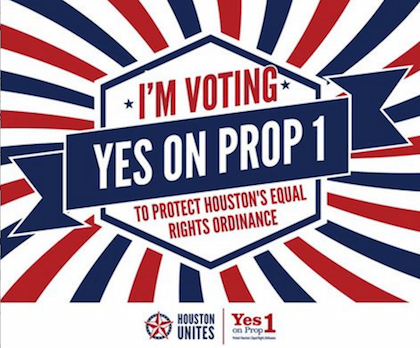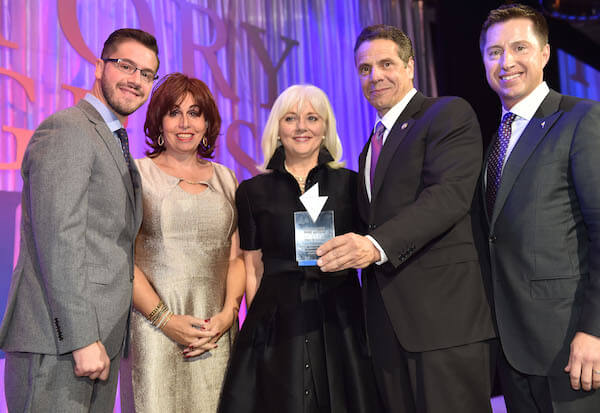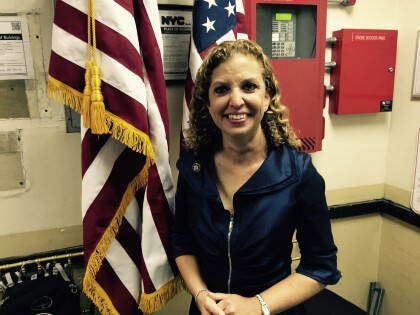One rarely discussed side effect of gender transition is the difficulty a transgender person may encounter while trying to continue their professional career after obtaining legal recognition of their new gender.
A New York Supreme Court judge in Westchester County has now addressed one issue arising out of that situation in a ruling he characterized as “apparently one of national first impression” — that is, one previously unaddressed by a US court.
On May 16, Justice Sam D. Walker ordered the New York State Education Department to “issue a new professional license and license number to Jane Doe and to conceal from the public any cross reference to the prior license held by John Doe.” Walker also ruled that the department is prohibited “from making available for public inspection or copying all records relating to the prior identity of Jane Doe, her name change, or any references or cross references to her old license, including this Court order and all related correspondence between petitioner, his counsel, and the New York State Education Department.”
Westchester judge directs State Education Department to eliminate any record linking Jane Doe to John Doe past
The judge also ordered that the record of the court proceeding be sealed, only to be opened by court order “for good cause shown or at the request of Jane Doe.”
The court’s opinion was published online by the New York Law Journal on June 3.
In line with the need for confidentiality, Walker’s opinion does not specify what professional license is at issue, other than noting that the petitioner’s profession involves interaction with construction contractors and construction trades workers.
The petitioner, who was already launched in a professional career, underwent gender transition from male to female and obtained a court order changing her name on August 2 of last year. She then applied to the State Education Department to have her professional license reissued under a new number in her new name, and to have her old license and all references to it eliminated from the department’s records.
The department denied her request, asserting that doing so would undermine it’s mandate to “protect the public who have a right to determine the credentials and/ or disciplinary history of individuals who may provide or have provided professional services to them.”
In an affidavit accompanying her petition to the court, Doe alleges that “she may be placed in danger or subject to harassment, threats, bullying or other forms of discrimination if the record of her new license number is connected to her previous license number and thereby [creates] a public record of her transgender status.”
Responding to the department’s assertion that it could not respond affirmatively to Doe’s petition without evidence of “a threat of harm to her personally,” Walker took “judicial notice of the continuing increase in reports of violence against lesbian, gay, bisexual, and transgender people” — for which there is, unfortunately, an ample recent record in New York. The judge also pointed to statistics from the National Coalition of Anti-Violence Programs that document the high incidence of transgender people experiencing harassment, attacks, assaults, and exclusion from workplaces and places of public accommodation. Gender identity, he pointed out, is included as a protected category in the 2009 federal hate crimes law.
Doe stated her transgender status was not known in her current workplace and that she wanted to keep it that way due to the nature of her profession and the clients she served. In the course of her work, she said, “she is exposed on a daily basis to crude comments, bigoted jokes, and intolerance towards the transgender.” Doe also stated that outside of work she had been targeted in several specific incidents. She told the court “she is fearful of the thought that her life would be ‘turned upside down’” were her professional colleagues to “become aware of her status.”
In light of these assertions, the court found the concerns expressed by the State Education Department insufficient to reject Doe’s petition.
“NYSED does not suggest or indicate that petitioner has any record of disciplinary actions or professional misconduct associated with the prior license,” he wrote, “or that there is any deficiency with respect to petitioner’s past or present professional credentials. This court must conclude that any potential harm to the public that NYSED proposes to prevent is not a real issue” in this case.
Clearly, the court would support the department’s position if the petitioner were trying to cover up records of past disciplinary actions or professional misconduct, so this ruling was specific to Doe’s case, not a sweeping mandate that all such petitions be granted in the future.
Still, it marks a sensitive response to a difficult issue — much more sensitive than seen in past cases where, for example, educational institutions have balked at issuing new diplomas and transcripts reflecting the changed name and gender identity of their graduates. Walker’s opinion is further evidence of changing public attitudes regarding acceptance and understanding of transgender individuals.



































